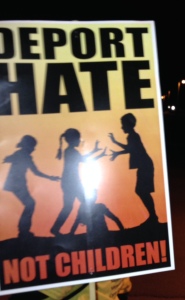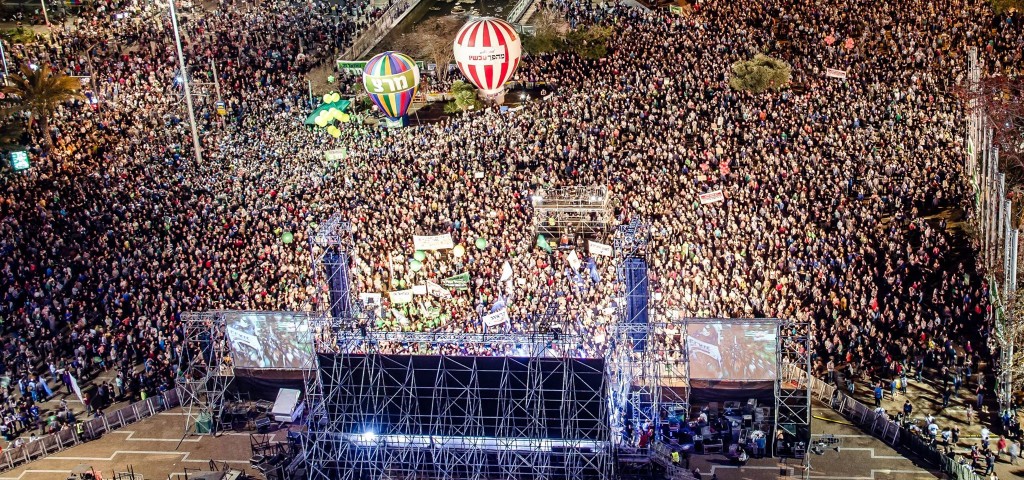Yesterday, seeking nationalist right-wing support to clinch re-election in Israel’s March 17, 2015 elections, Israeli Prime Minister Benjamin Netanyahu announced that Israel will say no to a Palestinian state if Likud is re-elected. In essence, a Likud win means that a two-state solution, where a Jewish state coexists with a Palestinian state, is dead.
On one level, this tells us nothing new. Netanyahu’s refusal to heed international pressure to cease construction and settlement activities clearly meant to obstruct the creation of a Palestinian state in the West Bank is clear enough evidence that this was his intention all along. But Netanyahu’s announcement puts other forces into play, forces whose potency was limited so long as a one-state agenda remained hearsay and not policy, forces whose legitimacy is now tied to the outcome of elections now bootstrapped to a public referendum.




